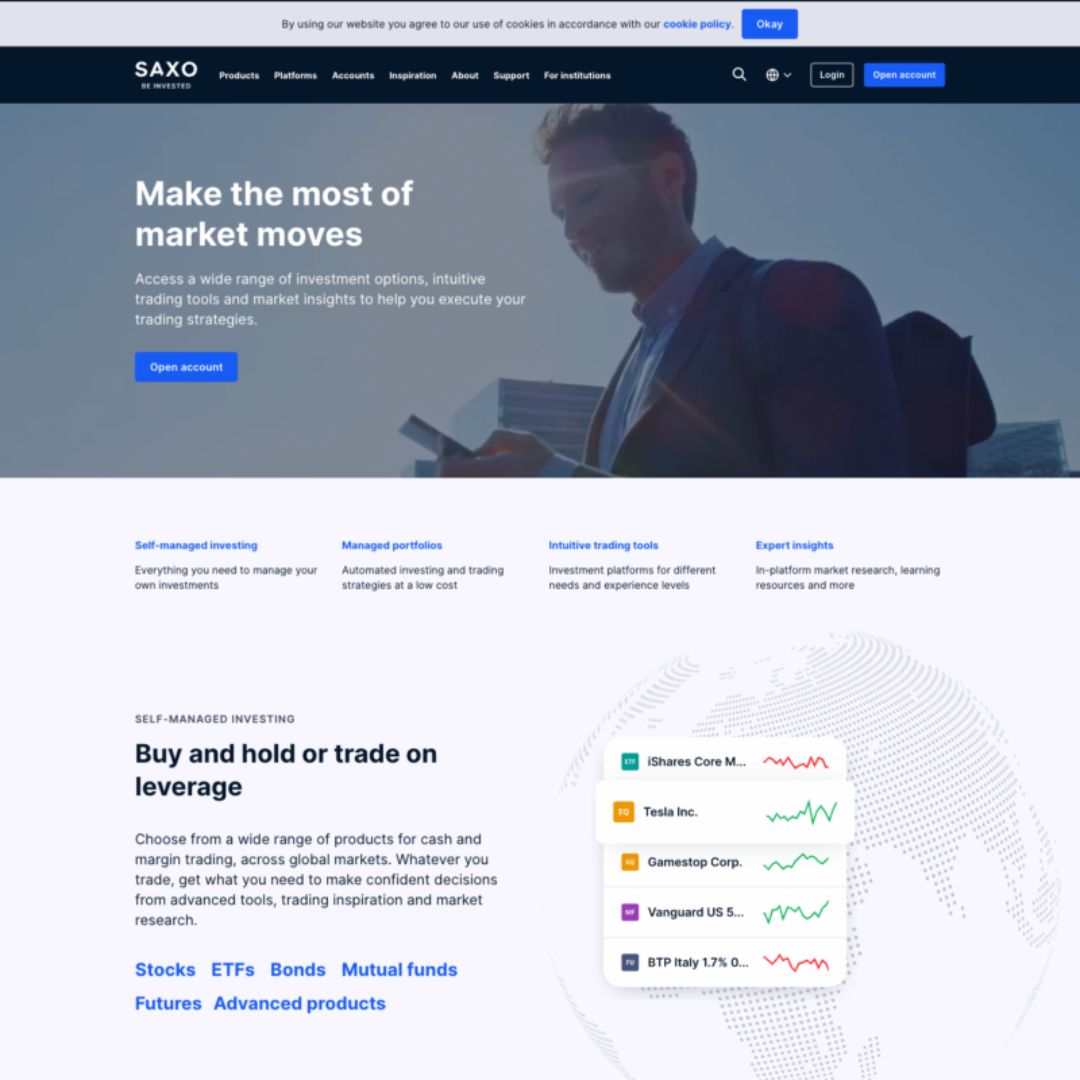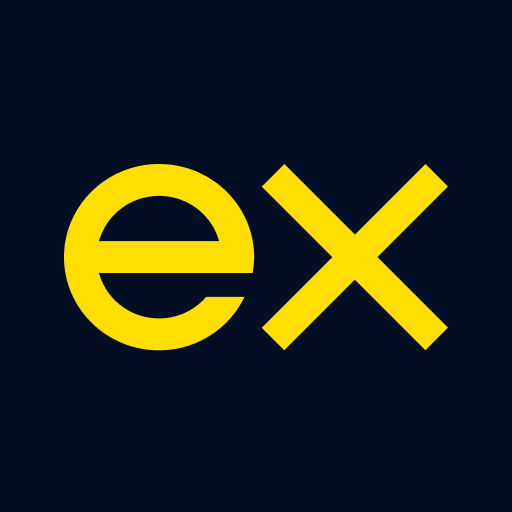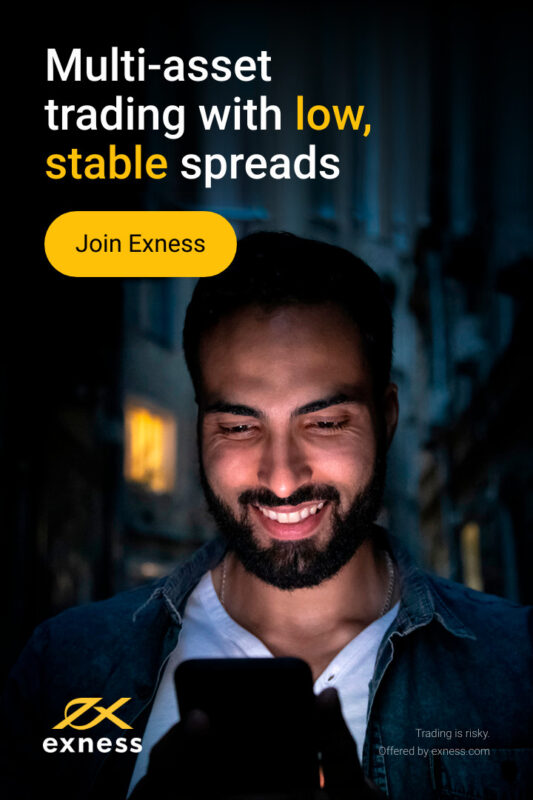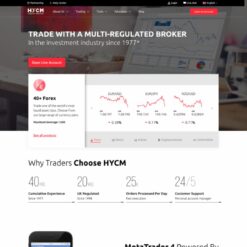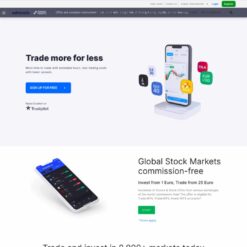Saxo Bank Review
Overview
Danish FSA, UK FCA, MAS, FINMA, ASIC
- Saxo Bank offers over 35,000 tradable instruments, and the trader can invest in asset classes as per their choice.
- The trader can also connect their Saxo accounts to a third-party platform for accessing custom tools to suit the trader’s requirements. Saxo does not charge when the trader connects to third party platforms.
- Saxo Bank offers its services to short-term clients, and they can use Forex, futures & options, and CFDs for trading.
- It also offers mutual funds; the clients can use these even though they need not have any previous trading experience in investing in mutual funds.
- Saxo Bank is regulated by various licensing bodies globally.
- One of this broker’s major advantageous features is that it does not ask for deposit or withdrawal fees.
- As per our review, we can say that Saxo Bank offers a mobile app with several features for its traders.
- Though Saxo Bank produces high-quality videos for its research and education, it was not actively creating new video content in 2021.
- Educational content is great, but there remains room to improve – such as by adding progress tracking and quizzes and expanding the number of lessons in written and video format.
- Minimums are high: €2,000 minimum deposit to open an entry-level Classic account, whereas the Platinum and VIP accounts require minimums of $200,000 and $1,000,000. If you find the minimum deposit requirements to be too steep, consider IG or CMC Markets.
- The SaxoTraderPRO desktop platform is a trading powerhouse but takes time to fully customize; adding more predefined layouts would be a welcome feature.
Overview
Saxo Bank was established in the year 1992 as a privately owned company. The headquarters of the bank is in Copenhagen, Denmark and it has managed to set itself apart to become one of the leading retail brokerage innovators in Europe.
The safety of trading at the bank is assured by the 10+ financial regulators including the UK FCA. The bank among the leading retail brokerage innovators in Europe as well as on the globe.
Assets Trading
Saxo is a multi-asset class provider in its truest form. Any trader, no matter what level they’re at will find all the needed assets for trading diversification. A giant collection of almost 40,000 instruments covering: Forex spot, Forex options, options, CFDs, Stocks, Commodities, ETFs, Futures, Bonds, Mutual Funds.
The Saxo selection of financial instruments is expansive, instruments and products offered by Saxo Bank are:
- Forex – One of the richest collections of Forex pairs available – 182 currency pairs (majors, minors, exotics and spot metals)
- Stocks – An expansive selection of over 19,000+ stocks traded on 37 international exchanges, including core and emerging markets
- ETFs as investment products – A rich selection of over 3,000 exchange traded funds (ETFs) from 30+ exchanges
- Bonds as real assets – Access a plethora of governmental and corporate bonds 5,000+ from Europe, US, Latin America, Asia and the Middle East
- Mutual Funds as physical assets – A collection of 250 top mutual funds from the largest investors worldwide
- CFDs – Access over 9,000 CFDs instruments having as underlying assets: 29 indices, 7 Forex pairs, 8,800 individual stocks, 675 ETFs, 5 government bonds, 15 index options and 19 commodities (metals, energies, agricultural products, softs and emissions)
- Commodities as leveraged products – A large variety of commodities as CFDs, options, futures, exchange traded commodities (ETCs) and spot pairs
- Futures as leveraged products – A selection of 200+ futures traded on 23 global exchanges, including FX, metals, agriculture, equity indices, energy and rates
- Forex Options – A collection of 44 FX vanilla options having maturities spanning from one day to one year
- Listed Options – A large assortment of 1,200+ listed options traded on 23 international exchanges comprising energy, metals, equities, indices, interest rates, etc.
- Cryptocurrencies – You have the possibility to trade Bitcoin and Ethereum via ETN instruments
Trading Platform
Saxo Bank's main trading platform in the ‘SaxoTrader' suite runs on desktop, web and mobile.
SaxoTrader GO
The web and mobile versions are called SaxoTrader GO, and offer a consistent look and feel compared to the desktop version of SaxoTrader, Which most recently added a desktop suite to the iron is SaxoTrader Pro.
While the desktop version of SaxoTrader is still available, I am unable to download updates to login, which may indicate that SaxoTrader is phased out. The reason is that in 2018 the broker released the new SaxoTraderPro, a platform that is seen as the successor to SaxoTrader. For this review, I focused on SaxoTraderPro, along with its web-based SaxoTrader GO.
SaxoTrader GO web-based version runs very smoothly in the browser, supported by their HTML5 design, and designed layout keeping the number of tabs and sections to a minimum, with only Trading, News & Research and Accounts, as the three main categories on the top row of the platform interface.

The default trading section on SaxoTrader GO has three main windows:
One for watchlists and alerts, one for your account overview with charts and one for pending orders and orders. In the bottom row of the screen is a total of account balance information, such as account value, available cash, and margin details.
The windows in the platform can be resized but remain fixed. This can help keep things organized compared to other platforms that allow floating windows, which can overlap other panels. The only exception is the chart module, which can be free-floating or viewed in full screen.
SaxoTrader Pro
Switching to the SaxoTrader Pro desktop-based platform, this new software resembles the web version in terms of interface, although the number of available features is much less than that of SaxoTrader's offerings.

Overall, Saxo Bank's exchanges are complete with tools and research capabilities, which should please the majority of traders.
Speaking of charts, this is a strong point on SaxoTrader GO, with almost 50 indicators and 17 drawing tools, although this number falls behind other multi-asset brokers like CMC and Interactive Brokers. The other downside, in Saxo's defense.

Platform concluson
Saxo Bank has done a great job of keeping the look and feel consistent across platforms, even bringing functions like chart syncing and watchlists that automatically save and sync with the mobile app.
Overall, Saxo Bank's trading platforms with tools and research capabilities that will please the majority of traders. While the new SaxoTrader Pro platform looks more modern than its predecessor. Saxo Bank finished first in our 2019 Review of Platforms & Tools out of 28 forex brokers.
Trading Account
Saxo bank offers 3 types of trading accounts: Classic account, Platinum account and Vip account.
Account Types |
Feature |
| Classic account | This account requires a minimum deposit of 10,000 USD, with commissions and spreads from 0.5 pips. |
| Platinum account | This account is only for professional investors, because of the high trading volume and risk. Minimum deposit is 20,000 USD, spreads from 0.5 pips and has local language support. |
| VIP account | The minimum deposit of this account is quite large, up to 1,000,000 USD. Perhaps this account is only for wealthy investors. The spread of this account is lower than other accounts, from only 0.4 pips. In addition, there is also direct support from the consultant and attend the events of the floor. |
Deposit and Withdrawals
Saxo Bank is one of the leading brokers that provides three options for depositing funds, such as bank transfer, stock transfer, credit, and debit cards. Transaction fees can be determined by the currency of the transaction rather than the account’s currency. If you transfer with cash, the cost is free.
If the traders are using a manual fund withdrawal form, Saxo Bank charges a processing fee of $40. Besides, withdrawals can make through a bank account on the trading accounts.
Spreads, Fees, and Commissions
Saxo Bank trading fees depend upon the tier and the asset classes chosen by the trader. It offers a mix of spreads, commissions, and overnight charges on leveraged products. Besides, their Forex spreads are low when compared to other online brokers. The fees paid by the trader can vary, and it depends on the asset class they are buying or selling. It also depends on the type of accounts. The traders can choose the classic with a minimum deposit of 500 pounds, which is low when compared to other accounts offered by this broker.
Inactivity Fee
Saxo capital markets offer strict inactivity fees if the trader does not trade the previous quarter. An inactivity fee for forex broker UK accounts is 25 pounds, wherein in other countries, will cost up to $150 after six months (180 days) of inactivity is detected from the trading account. This fee applied in case the trader don't have long-term holdings for stocks or a managed portfolio. However, the trader should check with the platform’s inactivity fee policy before proceeding.
Margin and Leveraged Trading
Order Types
If the customer trades either with the main desktop platform or through their mobile app, they can access a wide choice of order types. It includes a limit, stop-limit, and trailing orders. For more sophisticated traders, Saxo capital markets support the following –
- One-cancels-the-other (OCO)
- Immediate or cancel(IOC)
- Good-till-cancelled (GTC)
- Good-till-date (GTD)
Customer Support
- Reception: +61 2 8267 9000
- Fax: +65 6303 7808
- Website: www.home.saxo/au
Conclusion
Overall, Saxo Bank is considering as a trustworthy broker regulated by the UK Financial Conduct Authority (FCA) and the Monetary Authority of Singapore (MAS).
FAQ's
Is Saxo Bank a good broker?
Saxo Bank offers individual investors and experienced traders an excellent trading platform to trade and to invest in various markets at a low cost. This broker charges trading fees that are relatively much lower than its rivals, and it offers an excellent trading experience because of its intuitive interface offered by the platform.
Is Saxo Trader good?
Saxo Bank is regulated and licensed by several tier 1 jurisdictions by making it a safe broker for trading CFDs and Forex.
Is Saxo Bank regulated?
Saxo Bank is a licensed bank regulated by the Swiss Financial Market Supervisory Authority (FINMA) and is also regulated through other supervisory authorities around the world.
Does Saxo charge inactivity fees?
Yes, Saxo Bank charges an inactivity fee of up to $150 or an equivalent amount per the account currency.

